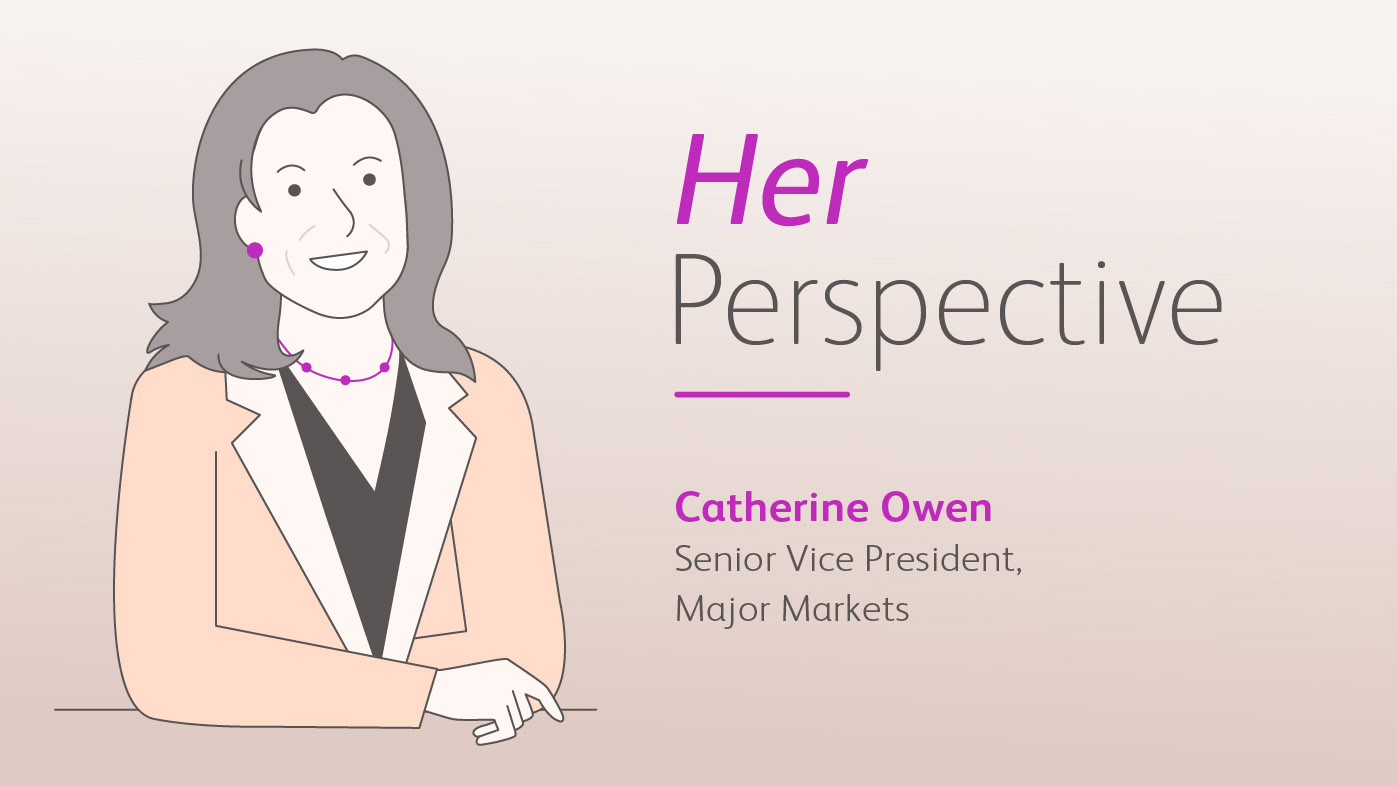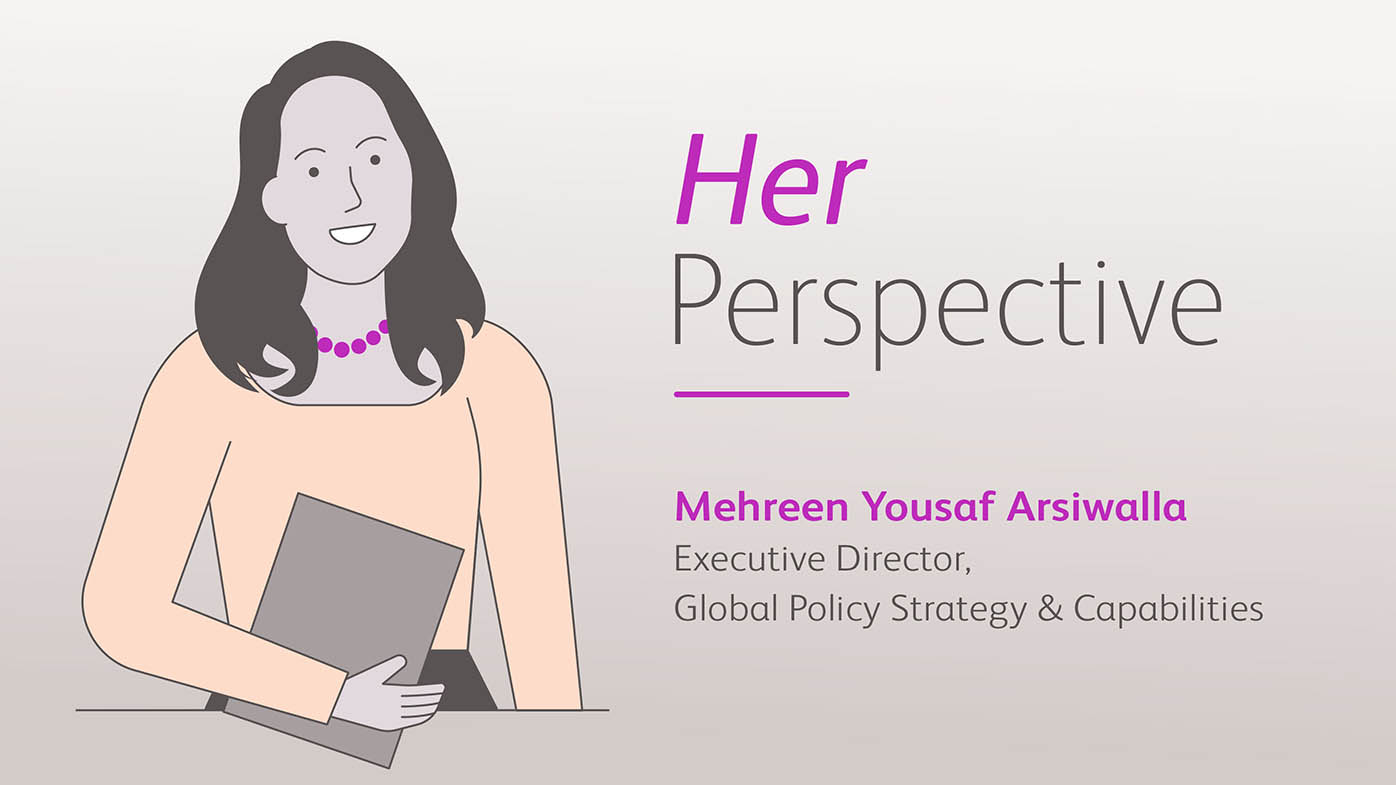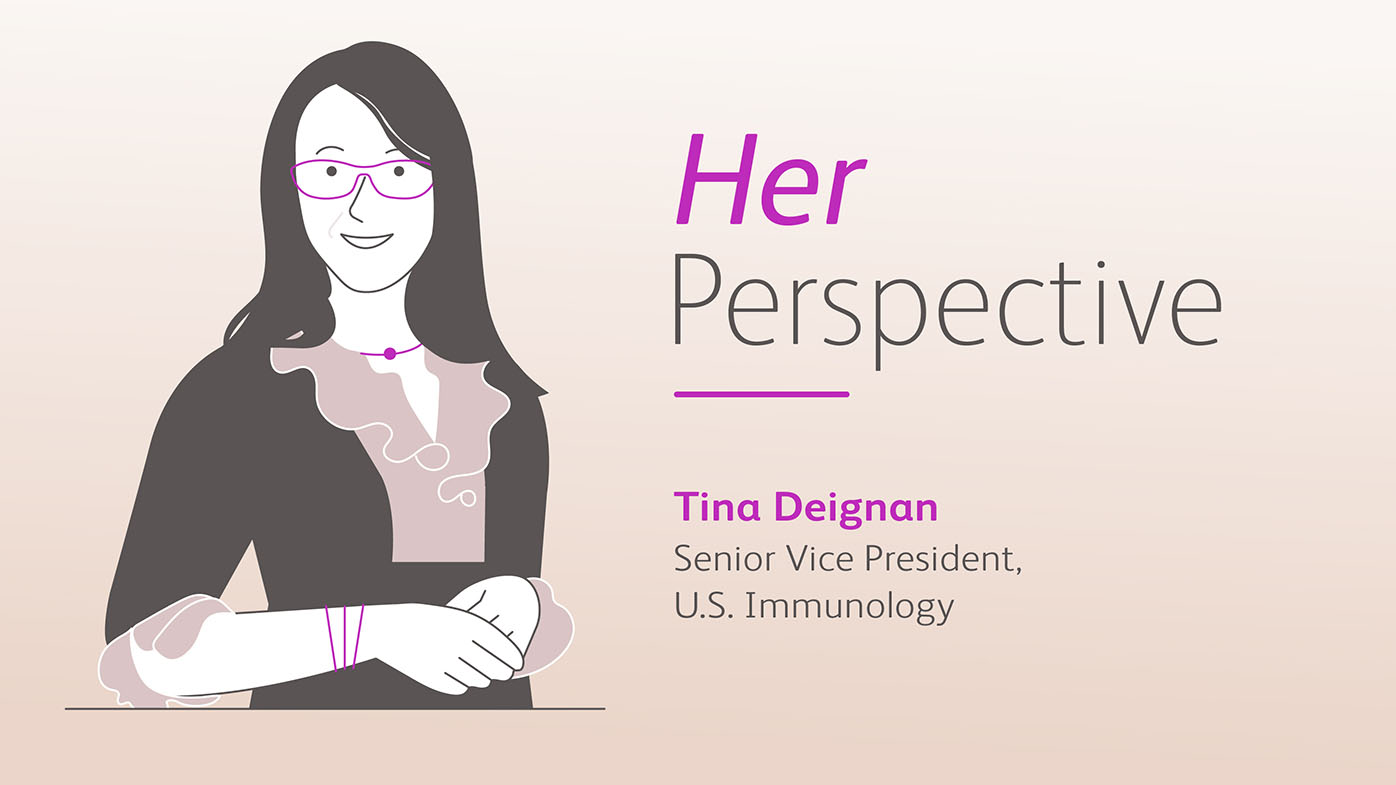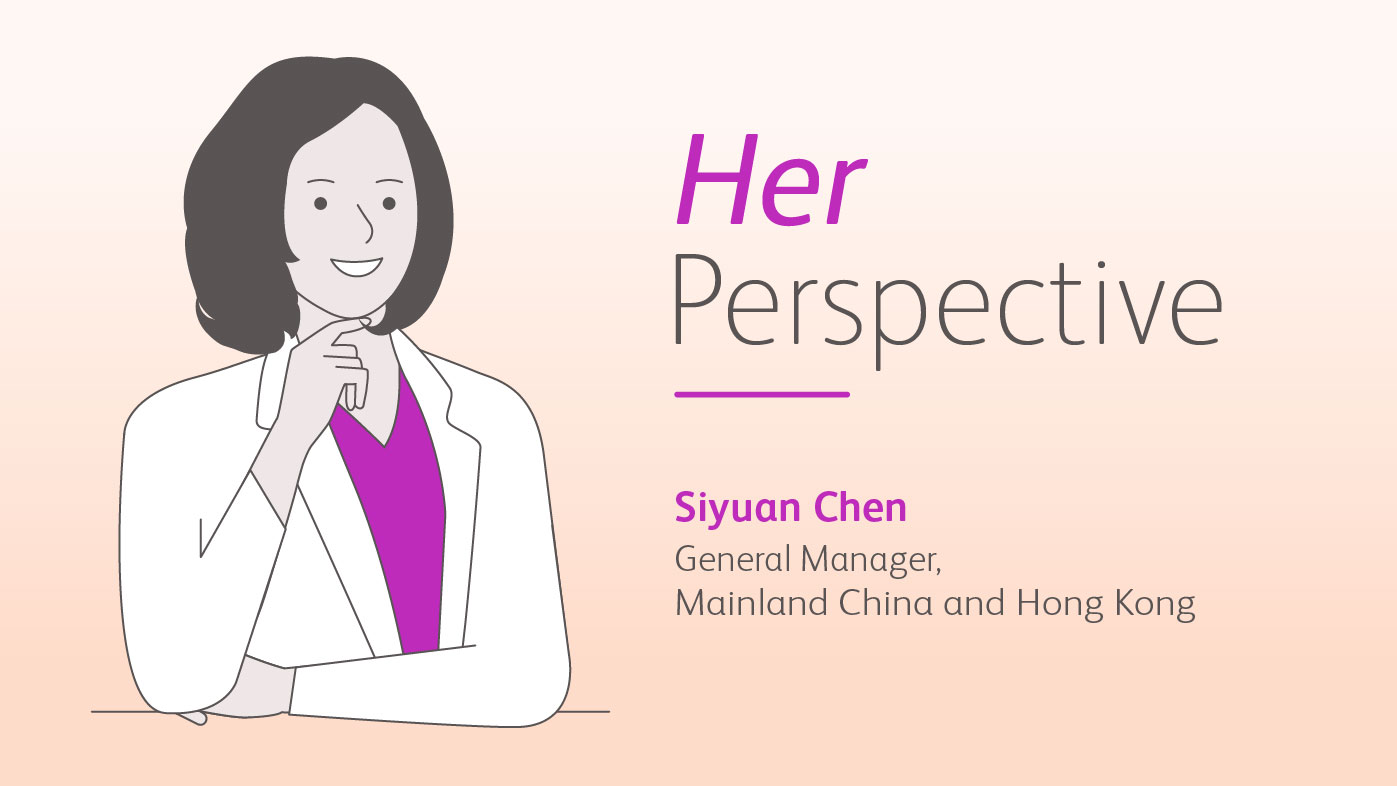
Catherine Owen, senior vice president, Major Markets
Less planning is a good thing
Mentor-mentee relationships are often planned and formalized, but in my experience, the best mentorships develop naturally over time. By not planning out who all my mentors should be, I’ve come upon relationships that have challenged and stretched my thinking. It can often start when you ask questions. You may suddenly find yourself deep into conversation with someone whose unique perspective sheds light on your specific situation.
I do believe in the value of putting structure around these relationships through company-led mentorship programs, although that shouldn’t be the only mechanism for gaining a mentor. I also caution against having the mentorship become too formal, process-driven or transactional. Personal chemistry is so important, as is our own accountability in finding a mentor and maintaining the relationship. Formal structure supports, but does not replace these important success factors.
Creating a ‘personal advisory board’
I have more than one mentor. Each offers something different, and who I seek out for advice and insight depends upon the challenge or decision I need to make. Many of my mentors are accomplished in the pharma space and have walked a path similar to mine. Some are my friends whom I value for their pragmatic and down-to-earth approach, who have nothing to do with my field, but can help me see things in a different light. Other unconventional mentors I have include recruiters and headhunters whom I meet with annually. They’ve been an incredible source of perspective, helped me stay competitive in my industry, maximized my career potential and nourished my curiosity for possible future opportunities. Colleagues who have acted as consultants on project teams also offer perspectives that have challenged my thinking.
I like to think of this mix of mentors as my personal career advisory board. I go to them for specific insights about, for example, whether a new role is a good step for me. Much like with traditional advisory boards, I find that being specific in the “ask” is key. If you seek general advice, you will get a general answer. The more specific you can be about what you are trying to solve, the more value you will get out of the discussion. It also helps your mentor if you focus on one specific topic for their reaction or advice.
The value of becoming a mentor
As I reflect on my mentorship journey, I have moved toward giving guidance based on my own life experiences. I try to give my mentees pragmatic, honest and actionable advice, because it is the most genuine way I can add perspective. As an ex-pat for 17 years, a wife and a working mother, people tend to come to me for insight and support in those areas, and I feel confident providing it. I have handled many difficult situations, often felt professionally alone and frequently unsure about my next steps. I can give straight career advice and share perspectives on taking a side step that doesn’t seem like a path well-traveled. Also come to me if you want to hear what it’s like to move to another country with a new baby and no support system, or to find a trustworthy babysitter for an overnight trip!
If you’re considering becoming a mentor, keep in mind that it is not a passive or short-term relationship. Adaira Landry and Resa E. Lewiss say it well in a recent Harvard Business Review article, What Efficient Mentorship Looks Like : “While mentoring brings purpose and satisfaction, it can be draining.” Although they are correct that it takes a significant personal investment, I always found that I have gained a tremendous amount from it. The desire to mentor should come from a place of wanting to help others and give back. On the journey, you, too, will grow.
The questions my mentees have asked me often made me think about my own choices and provoked me to reflect on things differently. It was a recent session with one of my mentees that inspired me to reflect on the value and importance of mentorship and how I have evolved my thinking. Mentorship has created a rich tapestry of friendships and connections, and for that, I am truly thankful.





